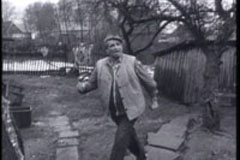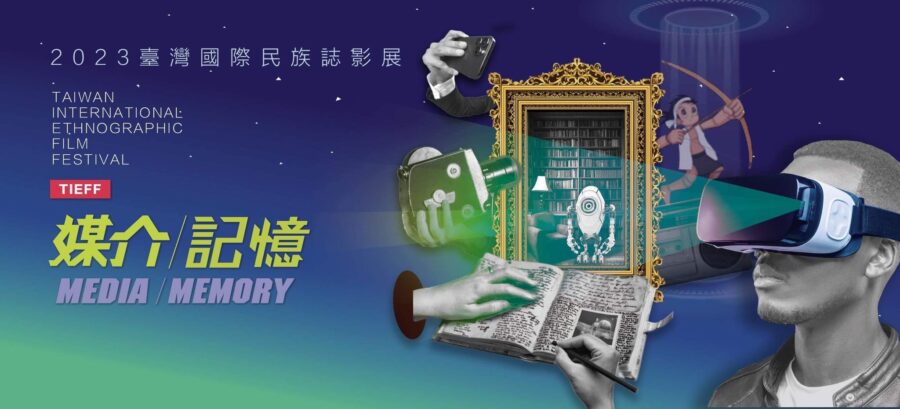Jakub

JAKUB, by the Czech filmmaker Jana Sevikova, presents an extensive ethnographical-sociological study of the life of the Ruthenians, filmed in the Maramuresh mountains in the north of Romania and in the former Sudetenland in Western Bohemia. The film was made over a period of five years during the time of both totalitarian regimes and was completed in 1992 after the revolution. Jakub Popovich is the primary character whose story provides the link between 1947, when the film begins, and the present. Scientists at the Ethnographic-Folklore Institute, a part of the Czech Academy of Sciences in Prague acted as collaborators in the making of this film. The film has received international attention from filmmakers for it’s unique structure and cinematic quality as well from educators and research scientists for it’s content.
